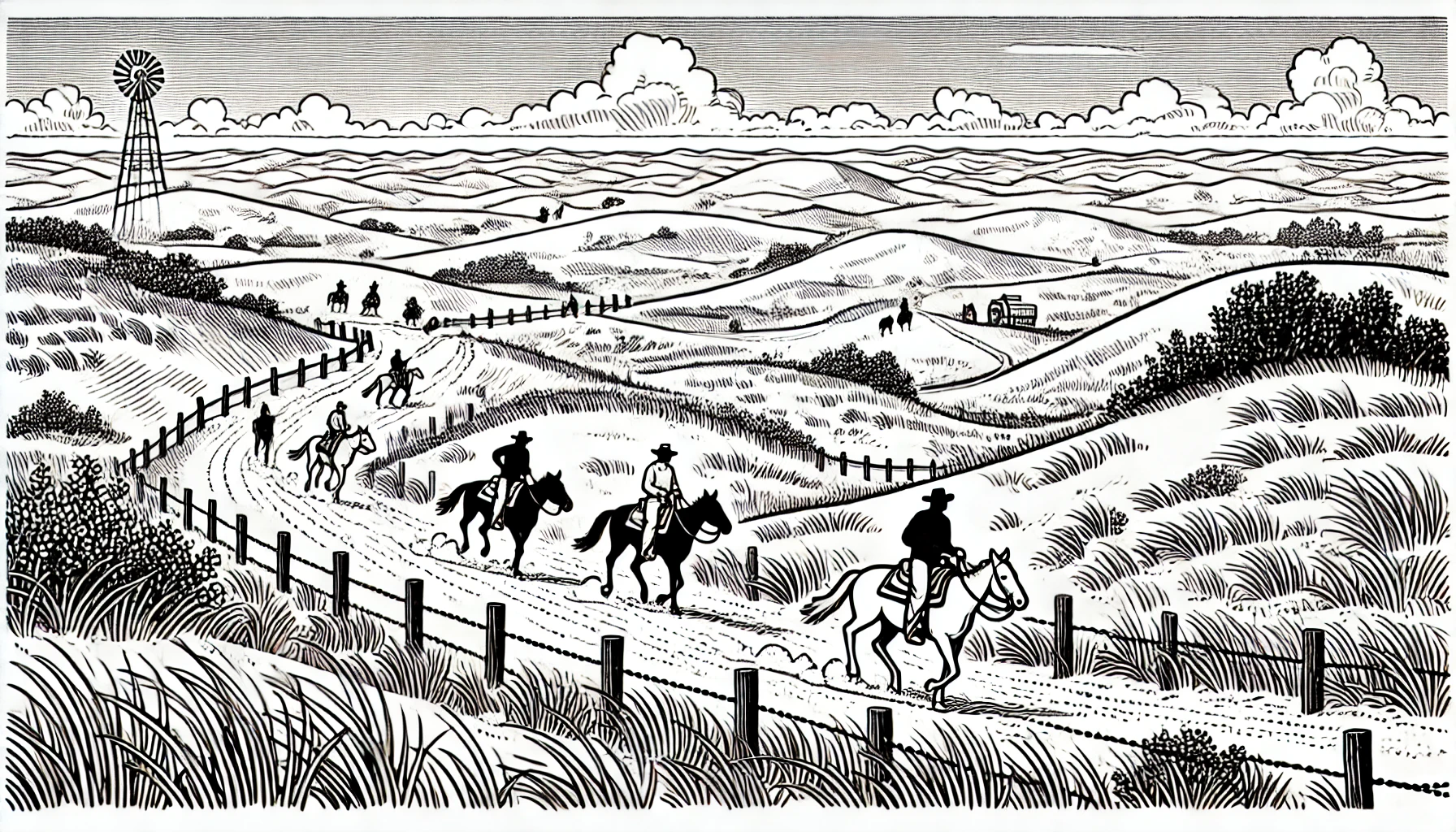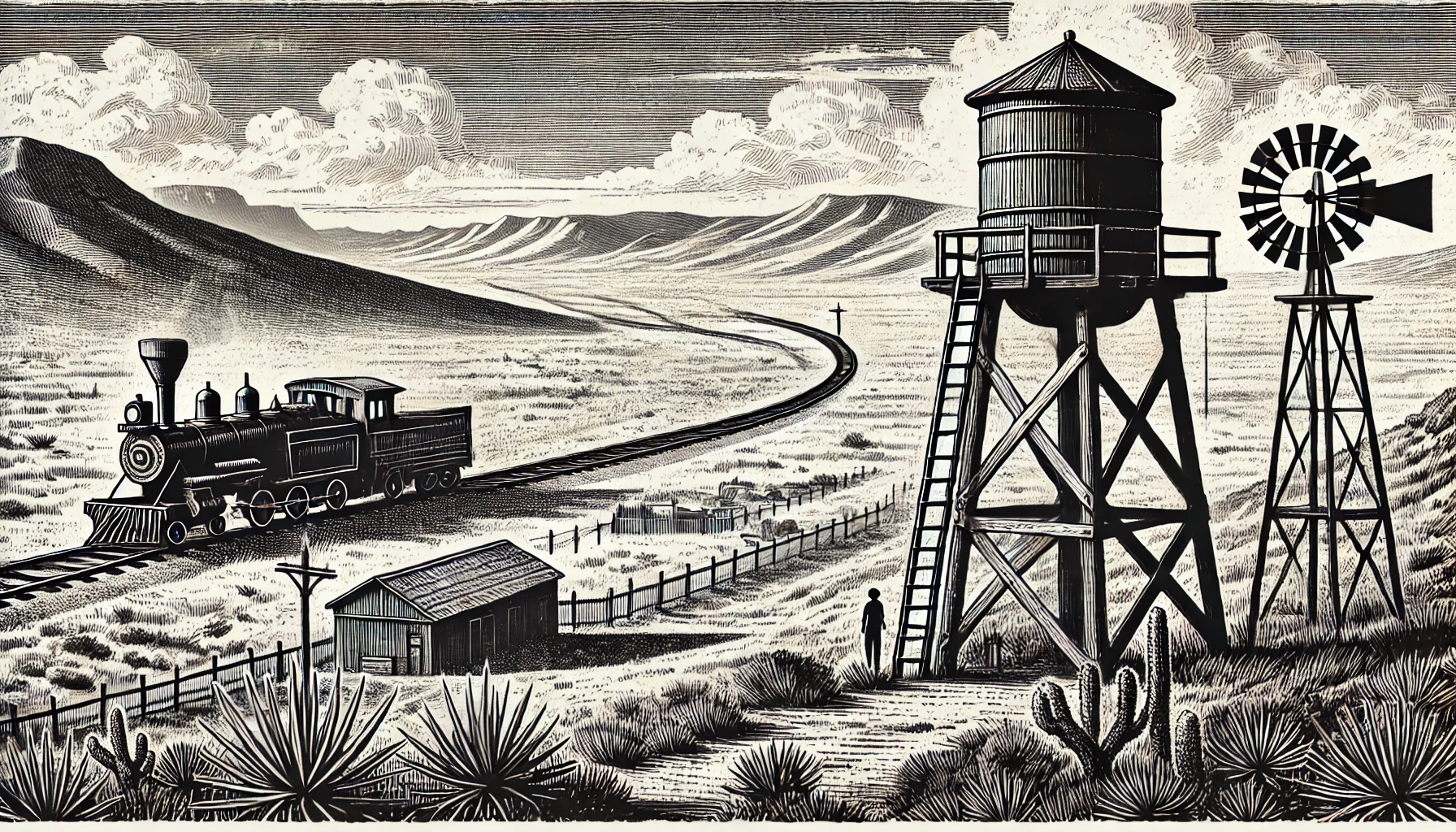Early Germany Settlers Heritage in Nebraska

The state of Nebraska has a rich history of German settlement, with numerous festivals and events celebrating this heritage throughout the year. As one travels through the state, they will come across quaint towns and villages established by early German settlers. These communities have preserved their cultural traditions, language, and customs, providing a glimpse into the lives of the early settlers.
One notable example is the town of German Settlement in Nebraska, located in the north-central part of the state near the town of O'Neill. This community, also known as "Volga Germans" due to their origins near the Volga River in Russia, settled in the area in the late 19th century. They brought with them their unique customs and traditions, such as their distinctive dialect of Low German and traditional folk dances like the "polka." Each year, the town celebrates its heritage with the annual Germanfest, a three-day festival featuring traditional music, food, dancing, and cultural exhibits.
Another town with strong German roots is Grand Island, located in central Nebraska. The city has a significant population of Germans and hosts the annual Nebraska State Fair, which showcases the state's agricultural prowess, craft beer, and German cuisine like sausages and schnitzel. Additionally, the town is home to the Grand Island Hall County Historical Society Museum, which features exhibits on the local German heritage, including photographs, artifacts, and personal stories of the settlers.
Nebraska's German settlers also played a crucial role in the development of the state's agriculture. Many families established large farms and ranches, focusing on the production of crops such as wheat, corn, and soybeans. The town of Hastings, located in south-central Nebraska, was once the epicenter of the state's agricultural industry, with German settlers contributing to its growth. Today, the Hastings Hastings Museum features exhibits on the state's agricultural history, including interactive displays and artifacts showcasing the tools and techniques used by early German settlers.
The nearby city of York is another hub of German heritage in Nebraska. The city hosts an annual Sauerkraut Days festival, which celebrates the state's rich sauerkraut-making tradition, a staple food of the German settlers. The festival features a food court offering sauerkraut-based dishes, a parade, live music, and craft beer from local breweries.
Kearney is yet another town with rich German roots, hosting an annual Oktoberfest celebration at the Fort Kearny Sate Recreation Area located just outside the city. The two-day festival features a Beer Hall Tent with authentic German brews, a Polka Dance Party and German immigrants period reenactments.
As one travels through Nebraska, they will discover many more towns and villages with vibrant German heritage. From Oktoberfest celebrations to heritage museums and historic sites, there are countless ways to immerse oneself in the rich cultural traditions of the state's early German settlers.
Travelers interested in learning more about the history of German settlement in Nebraska can stop by the Homestead National Historical Park near Beatrice. This site commemorates the Homestead Act of 1862, which allowed settlers to claim land in the Great Plains. The park features a museum, hiking trails, and historic buildings, providing a glimpse into the lives of the early settlers who shaped the state's history.
In conclusion, Nebraska's German heritage is alive and well, with many towns and events celebrating the state's rich cultural traditions. From historic sites to festivals and museums, there's no shortage of ways to experience the state's vibrant German heritage.
One notable example is the town of German Settlement in Nebraska, located in the north-central part of the state near the town of O'Neill. This community, also known as "Volga Germans" due to their origins near the Volga River in Russia, settled in the area in the late 19th century. They brought with them their unique customs and traditions, such as their distinctive dialect of Low German and traditional folk dances like the "polka." Each year, the town celebrates its heritage with the annual Germanfest, a three-day festival featuring traditional music, food, dancing, and cultural exhibits.
Another town with strong German roots is Grand Island, located in central Nebraska. The city has a significant population of Germans and hosts the annual Nebraska State Fair, which showcases the state's agricultural prowess, craft beer, and German cuisine like sausages and schnitzel. Additionally, the town is home to the Grand Island Hall County Historical Society Museum, which features exhibits on the local German heritage, including photographs, artifacts, and personal stories of the settlers.
Nebraska's German settlers also played a crucial role in the development of the state's agriculture. Many families established large farms and ranches, focusing on the production of crops such as wheat, corn, and soybeans. The town of Hastings, located in south-central Nebraska, was once the epicenter of the state's agricultural industry, with German settlers contributing to its growth. Today, the Hastings Hastings Museum features exhibits on the state's agricultural history, including interactive displays and artifacts showcasing the tools and techniques used by early German settlers.
The nearby city of York is another hub of German heritage in Nebraska. The city hosts an annual Sauerkraut Days festival, which celebrates the state's rich sauerkraut-making tradition, a staple food of the German settlers. The festival features a food court offering sauerkraut-based dishes, a parade, live music, and craft beer from local breweries.
Kearney is yet another town with rich German roots, hosting an annual Oktoberfest celebration at the Fort Kearny Sate Recreation Area located just outside the city. The two-day festival features a Beer Hall Tent with authentic German brews, a Polka Dance Party and German immigrants period reenactments.
As one travels through Nebraska, they will discover many more towns and villages with vibrant German heritage. From Oktoberfest celebrations to heritage museums and historic sites, there are countless ways to immerse oneself in the rich cultural traditions of the state's early German settlers.
Travelers interested in learning more about the history of German settlement in Nebraska can stop by the Homestead National Historical Park near Beatrice. This site commemorates the Homestead Act of 1862, which allowed settlers to claim land in the Great Plains. The park features a museum, hiking trails, and historic buildings, providing a glimpse into the lives of the early settlers who shaped the state's history.
In conclusion, Nebraska's German heritage is alive and well, with many towns and events celebrating the state's rich cultural traditions. From historic sites to festivals and museums, there's no shortage of ways to experience the state's vibrant German heritage.
